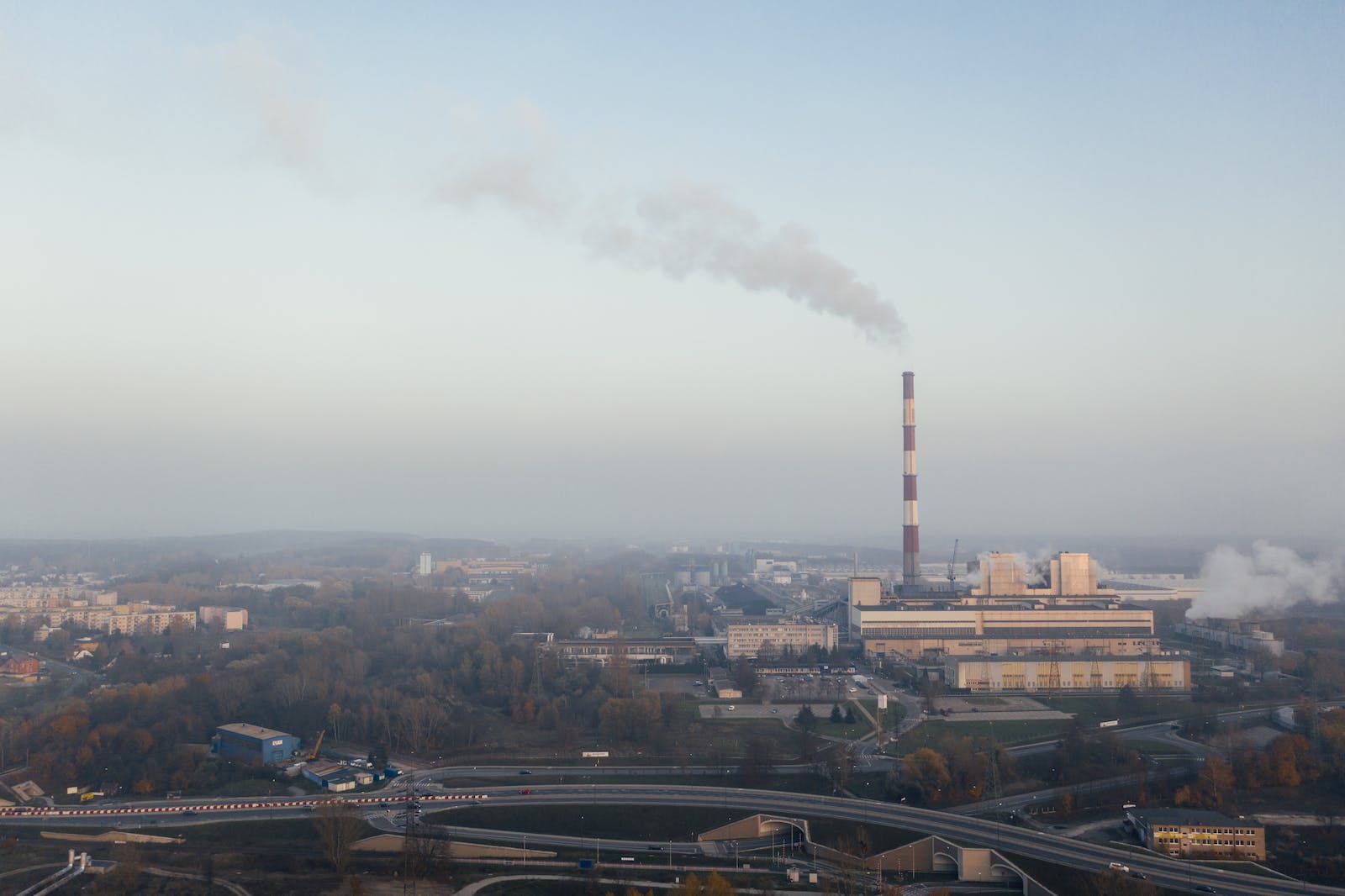
The Ins and Outs of Oil: Advantages and Disadvantages You Need to Know
Exploring the Pros and Cons of Using Oil in Various Contexts
Oil has been a crucial part of human civilization for centuries, serving as a source of energy, a key component in various industries, and a prominent factor in environmental discussions. The versatile nature of oil has led to both positive and negative impacts on our world. In this article, we will delve into the advantages and disadvantages of using oil in different contexts, shedding light on the multifaceted nature of this invaluable resource.
From powering vehicles to being a vital ingredient in manufacturing processes, oil plays a pivotal role in modern society. However, its extensive use also raises concerns about environmental degradation and sustainability. Understanding the benefits and drawbacks of oil is essential for making informed decisions about its utilization and exploring alternative solutions for the future.
Pros
Despite the debates surrounding its impact on the environment and global economy, oil offers several undeniable advantages across various sectors. Let's unravel the positive aspects of this essential resource and understand how it contributes to our daily lives.
Missing a pro?
Cons
While oil offers substantial benefits, it is essential to acknowledge the significant drawbacks associated with its production, consumption, and environmental impact. By uncovering these disadvantages, we can address the challenges posed by oil and explore sustainable practices to mitigate its negative effects.
Missing a con?
Conclusion
In conclusion, oil remains a double-edged sword, offering indispensable benefits while presenting formidable challenges. Understanding the complex interplay between its advantages and disadvantages is crucial for shaping sustainable policies, technological innovations, and societal practices. As we navigate the intricate landscape of energy and resource management, the quest for striking a balance between harnessing the benefits of oil and mitigating its drawbacks remains essential for a more sustainable and resilient future.
What do you think?
Do you think the pros outweigh the cons?







